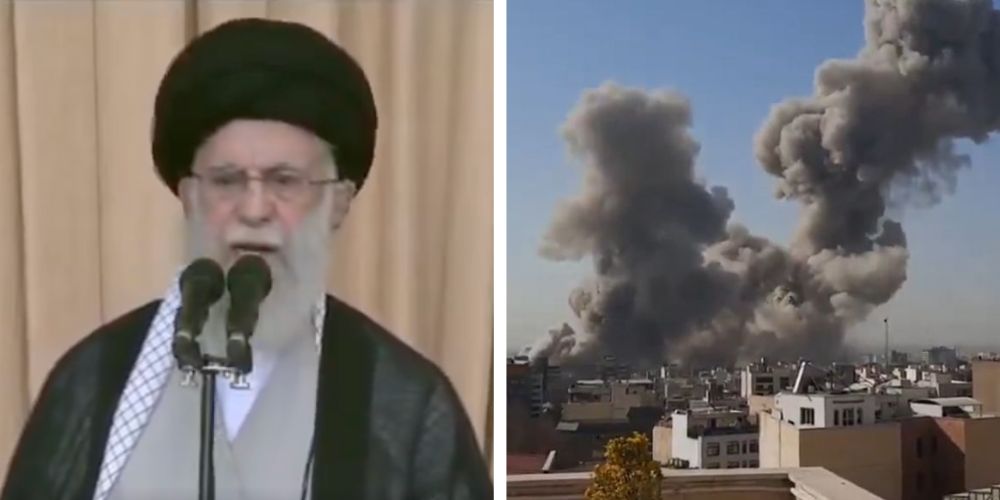There are some Border Patrol sectors that could start releasing migrants who have gone through "strict national security and public safety vetting," per Fox News. The news comes as hundreds of US troops are arriving at the border to help bring down the number of illegal border crossings. The report stated that at least 10,000 migrants have been crossing into the US each day ahead of Title 42 fizzling on Thursday.
A Department of Homeland Security spokesperson said: "As Republican and Democratic administrations alike have done in the past to protect the safety and security of Border Patrol agents and migrants in the event of severe overcrowding conditions, U.S. Border Patrol sectors may consider releasing certain migrants who have undergone strict national security and public safety vetting to continue their immigration processes."
"This may include processing migrants for parole to reduce the amount of time they spend in custody."
"Each parolee will be considered on an individualized case-by-case basis, and individuals who are released will be required to check in with Immigration and Customs Enforcement and undergo removal proceedings in immigration court. Individuals may be placed into an ‘Alternatives to Detention’ program to ensure compliance, if deemed appropriate. The targeted use of parole will allow Border Patrol to focus its resources most effectively to quickly process and remove individuals who do not have a legal basis to remain in the country."
In March 2020, the Trump administration put out an order meant to limit the number of migrants coming into the country in an effort to bring down the number of Covid-19 cases. As the country closed down due to the pandemic, Title 42 allowed the authorities to immediately remove migrants, including those who were seeking asylum.
Title 42 has been used more than 2.5 million times to fully expel migrants since it first started. However, the exception to the rule included children who were traveling alone. The New York Times noted that the rule has been applied somewhat unevenly, as it is more difficult to expel people back to Cuba or Venezuela than it is to Mexico.





